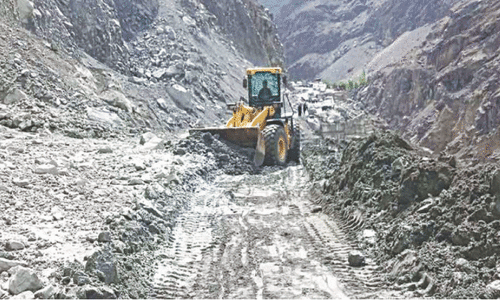RAWALPINDI, July 18: The district health department has said that Rawalpindi is so far safe from dengue as all possible measures have been taken to control the mosquito-borne infection in urban and suburban areas.
Executive District Officer (EDO) Health Dr Zafar Iqbal Gondal told Dawn that broad application of insecticides using portable and truck-mounted machines was being carried out in the district to prevent mosquito breeding.
He said mapping of areas in and around the city had been carried based on the experience of last year when six cases of dengue fever were reported to hospitals in Rawalpindi.
District Health Officer Dr Khalid Randhawa said the department had planned precautionary measures two months ago and remained more than vigilant.
He said all the three hospitals under the Punjab government had been alerted and the required preparedness level had been achieved.
The managements of Holy Family Hospital (HFH), Rawalpindi General Hospital (RGH) and District Headquarters (DHQ) Hospital have been given instructions about the handling of any possible dengue fever patient, he added.
Dengue is a mosquito-borne infection that in recent decades has become a major international public health concern. It is found in tropical and subtropical regions around the world.
At present, the only method of controlling or preventing dengue virus transmission is to combat the vector mosquitoes.
A World Health Organisation (WHO) advisory said the application of appropriate insecticides to larval habitats, particularly those that were useful in households like water storage vessels, prevented mosquito breeding for several weeks but must be reapplied periodically.
A rapid rise in urban mosquito populations is bringing ever greater numbers of people into contact with this vector, especially in areas that are favourable for mosquito breeding where household water storage is common and where solid waste disposal services are inadequate, the WHO warned.
WHO advised that active monitoring and surveillance of the natural mosquito population should accompany control efforts to determine programme effectiveness.
The incidence of dengue has grown dramatically around the world in recent decades. Some 2.5 billion people, two fifths of the world’s population, are now at risk from dengue. WHO currently estimates there may be 50 million dengue infections worldwide every year.
The disease is now endemic in more than 100 countries in Africa, the Americas, the Eastern Mediterranean, South-East Asia and the Western Pacific. South-East Asia and the Western Pacific are the most seriously affected.












































